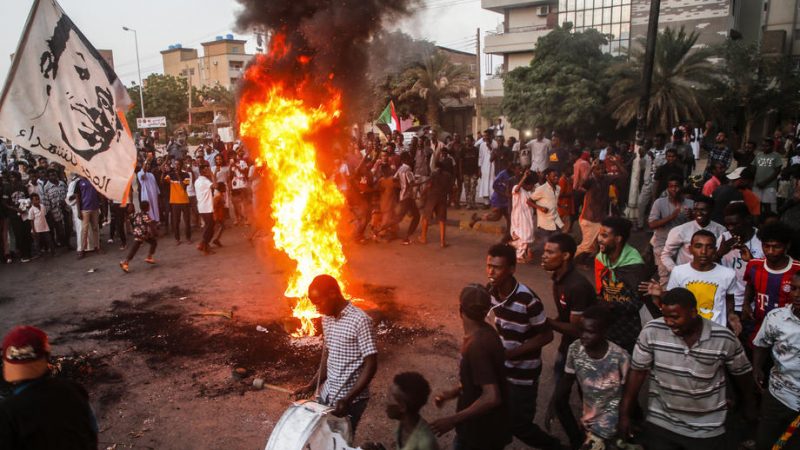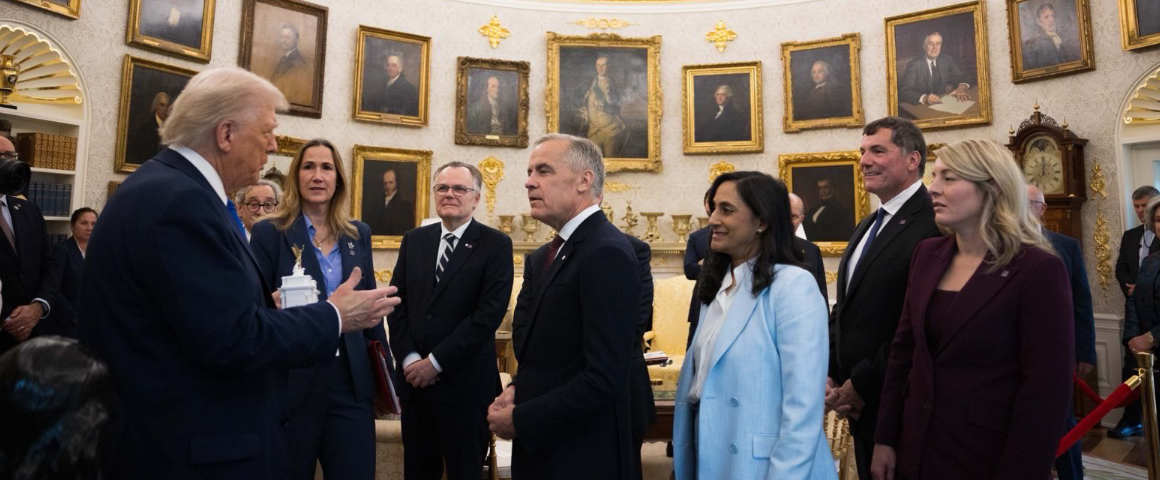PV staff
In the early morning of October 25, sections of the Sudanese military and remnants of the regime of deposed dictator Omar al-Bashir seized control of the country and dissolved the transitional government. Immediately, the Sudanese Communist Party (SCP) condemned the coup d’état and called on the people to take to the streets to defeat it. The SCP has also called for international solidarity with the people against the coup.
According to reports from the country’s Information Ministry, which appears to have held out against the coup, military forces stormed the headquarters of Sudanese Radio and Television Corporation in Omdurman, Khartoum and arrested workers there. The military and units of the Rapid Support Forces (RSF) militia have deployed across Khartoum, closing the capital’s major thoroughfares and shutting down internet communications.
After Sudanese Prime Minister Abdallah Hamdok refused to issue a statement in support of the coup, the military abducted him and arrested and detained several civilian cabinet ministers and politicians. Hamdok was initially taken to an unknown location, but has reportedly been taken back to his home where he is being held under house arrest.
Beginning immediately with the military’s seizure of power, people swept into the streets of Khartoum to protest the coup, erecting barricades to block roads. The military and RSF have moved against the protests and violent clashes have been reported with at least four people being shot and killed by military forces.
The head of the coup is General Abdel-Fattah Burhan who was also chair of the transitional government, called the Sovereignty Council, which has been in place since August 2019. The timing of the coup is notable as it comes less than a month before Burhan was scheduled to hand the chair of the Sovereignty Council to a civilian, weakening the military’s involvement in government. Leading up to the scheduled handover, the Sudanese people had demonstrated significant support for the civilian representatives of the Sovereign Council and full implementation of the scheduled transition to democracy including a general election which was initially planned for the end of 2022. The people have also expressed support for al-Bashir’s handover to the International Criminal Court on charges of crimes against humanity.
The coup also occurred shortly after the visit to Sudan by Jeffrey Feltman, US Special Envoy for the Horn of Africa. Mainstream media reported that Feltman expressed support for Sudan’s democratic transition, but this remains doubtful. Since al-Bashir’s removal, US imperialism has relied on military rule in Sudan to achieve and implement key policies including opposition to Iran, support for the Saudi war on Yemen and Sudan’s “normalization” agreement with Israel in 2020.
As a statement from the Tudeh Party of Iran said, “it is very clear that only reactionary forces in the region, the racist Israeli government and US imperialism stand to benefit from the halting of the democratic transition process in Sudan and a return to military rule.”
In response to the coup, progressive forces around the world have called for the swift and unconditional return to the scheduled transition of power to the Sudanese people’s legitimate civilian political representatives.
The struggle of the Sudanese people since December 2018 has been described as a “revolution in the making.” While the Sudanese military, remnants of al-Bashir’s despotic regime and the forces of imperialism are determined to halt that revolution, the people are clearly prepared to fight on. At the forefront of that struggle is the Sudanese Communist Party.
[hr gap=”10″]
Get People’s Voice delivered to your door or inbox!
If you found this article useful, please consider subscribing to People’s Voice.
We are 100% reader-supported, with no corporate or government funding.




